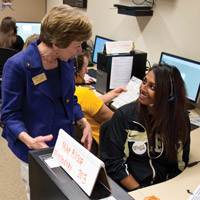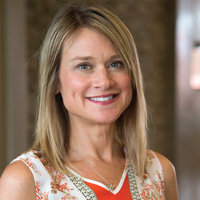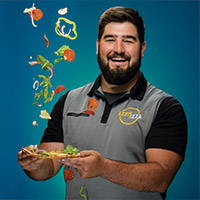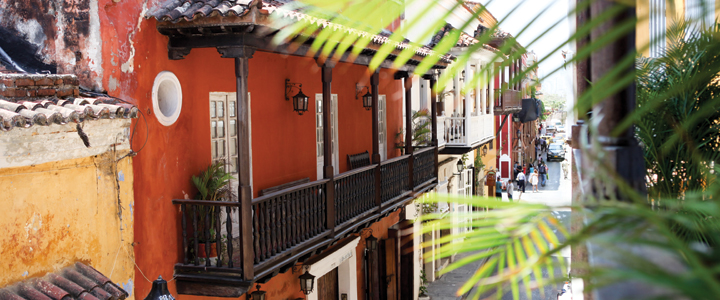
PURDUE STUDENTS SEE THE ‘TWO FACES’ OF CARTAGENA
Like thousands of other college students, Adam Tiller and Arianna Brooks traveled to tropical climates for spring break last year. But their itinerary was far away from normal.
Now two of Purdue’s newest College of Health and Human Sciences alumni, Tiller and Brooks were among 17 undergraduates and three faculty members from HHS to explore the multifaceted dimensions of international nonprofit organizations during a weeklong study abroad trip to Cartagena, Colombia.
Accompanying them were 15 other Purdue students from liberal arts, management, science and engineering, as well as two representatives from Bridges of Hope International, a humanitarian organization dedicated to breaking the cycle of generational poverty in Central and South America through mission trips and international partnerships.
The group was led by Thelma Snuggs, assistant professor of consumer sciences and retailing; Sandra Sydnor, assistant professor of hospitality and tourism management; and MopeAdeola, clinical assistant professor of nursing.
Tiller, a selling and sales management major who also studied abroad in China, originally took the class to travel internationally, but enjoyed learning about nonprofit organizations and Colombian culture more than he expected. “All the people we met, especially the children, were very welcoming,” he says. “They were genuinely happy that we were there.”
Brooks, a psychology and law and society major, embraced the service-learning aspect of the course. “I’d always wanted to visit South America, and the timing of this course over spring break fit perfectly with my academic schedule,” she says. “I loved every moment of it.”
The concentrated pace of activities and diversity among participants also created a strong group dynamic. “Everyone bonded early in the trip and no one wanted to come home,” Tiller says. “It was one of the best experiences of my entire time in college.”
Snuggs, who has previously led study abroad programs in El Salvador, says the group’s unique experience was by design. “I’ve been doing this for a long time, but I’ve never grown as close to a group of students as I did on this trip. Besides their diversity, I think part of the reason for the camaraderie was the multidisciplinary nature of the class.”
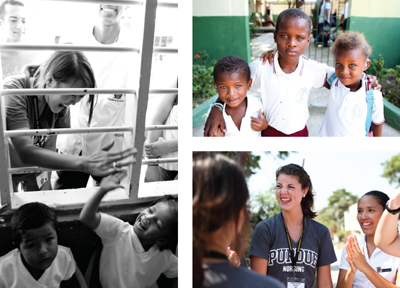
Nursing students Tamara Lee (top left) and Sarah LeCount (bottom right) enjoy spending time with the children they encountered in Cartagena. Both graduated in May 2011. Photos by Patricia Karina.
The structure of the course allowed students to customize their learning experience by focusing on one of three distinct academic areas: international marketing, business feasibility or nursing care services. Each of the three instructors led a group, Snuggs says.
“Everyone came together for the core course — before, during and after the trip,” she says. “We were intent on making it one class looking at the same content through three different lenses.”
Students prepared and packed more than 40 suitcases with shoes, clothing, school supplies, toys and other items — valued at $14,000 total — that were distributed throughout the travel week to children and support staff at numerous Cartagena nonprofits, including a children’s hospital and cancer hospice and a school for the deaf. Students also conducted eyeglass and health clinics.
Participants also learned about international business and the export trade on a visit hosted by Purdue alumnus Rodolfo Gedeon (BSCE ’60, MSCE ’61), whose company, GloMed, manufactures latex gloves from petroleum products. Other activities included presentations on business, nursing and hotels/tourism at the University of Cartagena and visits to the city’s historical and cultural districts.
“The students were given a broad view of the culture and reality of Cartagena,” says co-instructor Janet Michel, president and founder of Bridges of Hope International. “It is truly a ‘city with two faces,’ one of beauty and charm, the other of 60,000 refugees living around the edges in extreme poverty.”
For Brooks and her classmates, it is both a lasting memory and a guidepost for the future. “We’d all like to go back someday, as a group or individually,” she says. “I’d leave tomorrow!”




